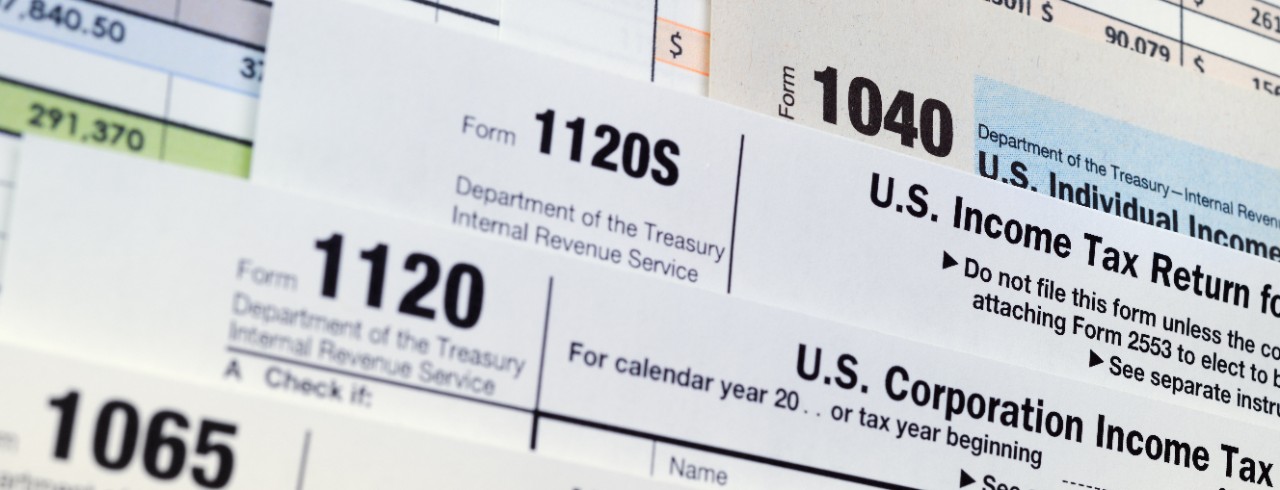
Cincinnati Edition: How fair is the tax code?
UC accounting professor explains how taxes affect individuals and businesses
According to WVXU, a 2021 Pew Research Center study found that most Americans were “bothered a lot” by the feeling that some corporations and wealthy people do not pay their fair share in taxes. But how does the tax code even work? And what’s the deal with corporations receiving perceived tax advantages?
Adam Olson, PhD, CPA, assistant professor of accounting at the Carl H. Lindner College of Business, appeared on WVXU’s Cincinnati Edition — Olson’s segment begins at the 27-minute mark — to offer insight into these questions, as well as another query: is the tax code written to be fair?
“The term we usually use is progressive, meaning that those who make more money pay a higher tax rate. The U.S. tax system is — according to recent studies I’ve seen — the most progressive in the world, at least among developed countries. Whether or not [the tax rate is] as much as it should be is a different question,” Olson said. “But we are set up that way in large part because our country relies so heavily on income taxes as a source of revenue while other countries rely on value-added taxes, sales taxes — things that are not sensitive to income levels.”

Adam Olson, PhD, CPA, assistant professor of accounting.
Taxing dividends and lower rates on capital gains are meant to encourage innovation and investment in the U.S. economy. Olson noted that there have been high-profile tax-avoidance offenses from individuals and companies taking advantage of tax credits designed to “encourage innovation and try and help small companies grow.”
“It’s been a few years now, but Amazon didn’t pay any taxes one year, and it was largely due to the way stock options are treated for tax purposes. Usually when large corporations pay low taxes, it’s from things like that,” Olson explained. “There are definitely more nefarious things going on where companies try to shift their income out of the U.S. to lower tax jurisdictions, but most of the cases you see in the media are not cases like that. Most of them are fairly benign from a tax standpoint.”
Listen to Adam Olson’s full appearance on WVXU’s Cincinnati Edition.
Featured image courtesy of Adobe Stock.
Next Lives Here
The University of Cincinnati is classified as a Research 1 institution by the Carnegie Commission and is ranked in the National Science Foundation's Top-35 public research universities. UC's medical, graduate and undergraduate students and faculty investigate problems and innovate solutions with real-world impact. Next Lives Here.
Related Stories
Bad Left Hook: What accounting fraud can tell us about boxing
November 3, 2021
What can boxing fans following the story of a fledgling fight promoter’s fallout with the International Boxing Federation learn from accounting research? Apparently, that rationalization is an observable—if not quantifiable—aspect of fraud.
Cincinnati Edition: How fair is the tax code?
February 15, 2023
According to WVXU, a 2021 Pew Research Center study found that most Americans were “bothered a lot” by the feeling that some corporations and wealthy people do not pay their fair share in taxes. But how does the tax code even work? And what’s the deal with corporations receiving perceived tax advantages?
Making a name for herself
October 6, 2021
Rachel Morgan, BBA, MS ’21, found her stride in accounting early in life. Working at a car dealership in her hometown of Troy, Ohio, as a teenager, she was exposed to her manager’s many duties of running the business, including handling the books.
